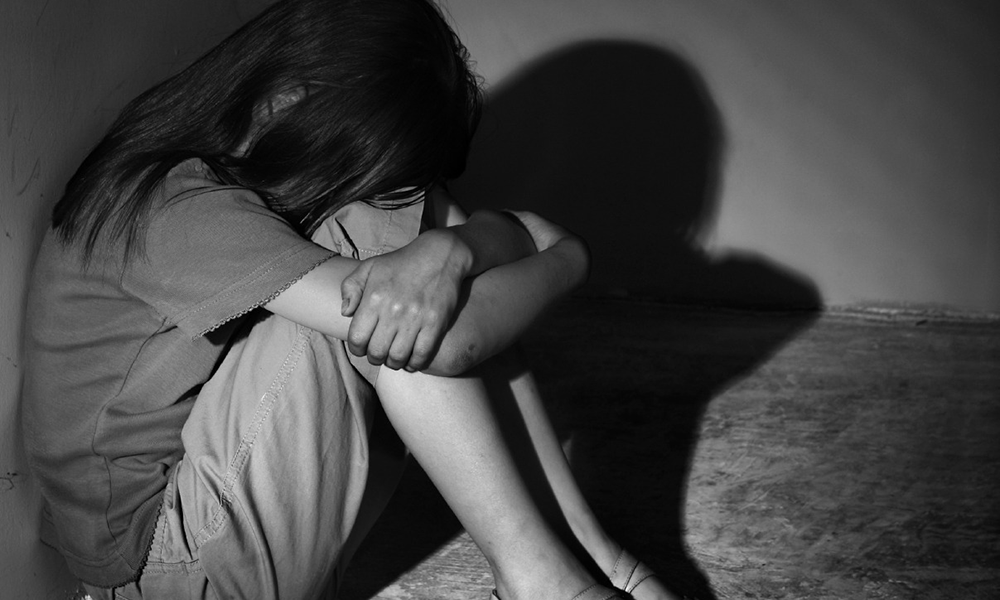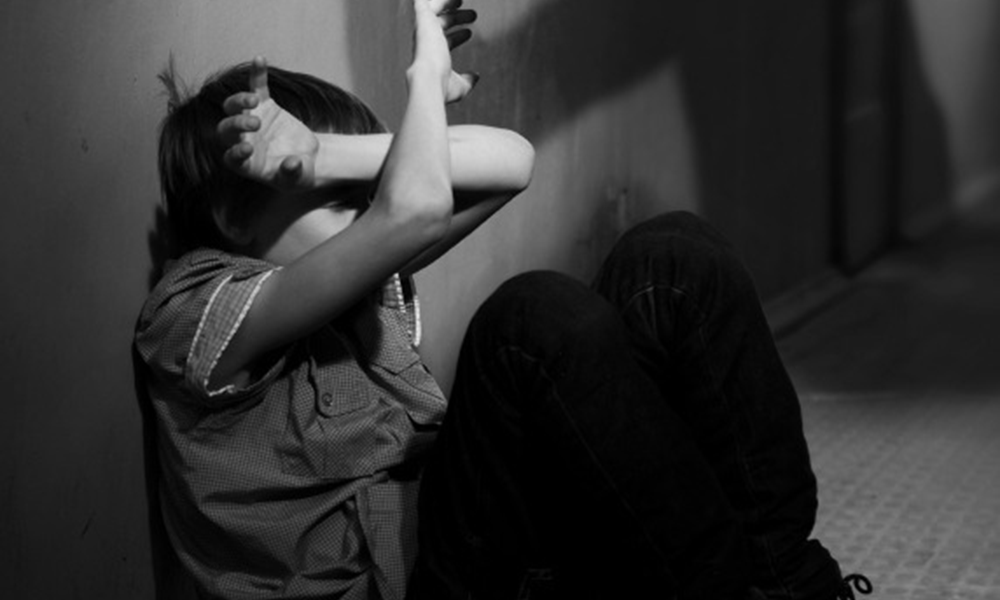Although your experience is unique, many people have lived through similar situations. Abuse—whether physical, verbal, sexual, economic, or emotional—leaves psychological wounds that are harder to heal than bodily injuries. It can leave you with painful feelings of shame, guilt, deprivation, emptiness, abandonment, anxieties, difficult memories, and can block you in your personal/romantic relationships and intimacy. Abuse can even interfere in your professional life and can become an obstacle for attaining the success you worked hard for and that you deserve.
Types and results of abuse
Abuse can occur at home, school, work, or even on the Internet. Intimidation, bullying, taxing, cruelty, and coercion are also common forms of abuse. Both males and females can be victims of abuse and despite the gender differences, they share common experiences and common struggles.
A shared outcome of abuse is a deep and acute distress that can impact you and your relationships profoundly and for long periods of time. A common mechanism among abusers is seeking control over their victims. They can achieve the control physically via direct coercion or violence, or psychologically via manipulation, which includes a mix of criticism, humiliation, and accusation, leaving you feeling shameful, guilty and dependent upon their mercy. They cut you from the external world, achieving control over you while disrespecting your values, opinions, and identity, and stepping on your space, freedom and autonomy. At the same time they neglect your needs while satisfying their own desires and attaining their narcissistic objectives. Abusers achieve their personal satisfaction and instrumental objectives via this sick pattern of control, projecting their own negative feelings on you and gaining power over you and over your life.
Whether the abuse/neglect took place in the past or is still ongoing, whether you were a child, teenager, or an adult, it is important to remember when you feel shame or guilt that these feelings should only belong to your PERPETRATOR and not to YOU. You didn’t commit or omit to do something that caused or that can justify what happened or what is happening to you. It is totally unjustified and unfair. It is time to stop paying the price for something of you are not responsible.
Abuse can take a big toll on your life, but it is time to work on stopping it from dominating your present and future. In abuse counseling, you can learn that you are more than a victim and you deserve better than what happened to you.
Are you hesitant about abuse counseling?
It is normal to be hesitant to embrace a psychotherapeutic process, such as abuse counseling, because it involves talking about difficult and even traumatizing memories, which you may want to bury and forget. However, memories fade but they don’t go away. Rather, they fester somewhere deep in your psyche and render your life miserable. You might also feel afraid to open up to a total stranger about very personal and intimate details. Nevertheless, opening up is a first step in the healing and recovery process. You might also be wondering whether abuse counseling and psychotherapy can help you. This is a very common and legitimate concern. Please, read the coming paragraph to learn more how psychotherapy can help you and don’t hesitate to contact me for any question about your needs and/or about psychotherapy.
How can abuse counseling help you?
Abuse counseling can be an effective way to deal with the impact of abuse as it can allow you to express your emotions (including fear, anger, sadness, shame, and guilt) and to regulate them in a successful manner. It can give you the gift of feeling liberated from what happened to you and to regain focus and control over your life. Abuse counseling can give you back confidence in yourself, and the ability to trust in others. During the process of psychotherapy, you will be helped in transcending abuse and transform yourself from a victim into a survivor. Both cognitive-behaviour approaches and mindfulness/compassion-based approaches are shown to be effective in regulating negative emotions associated with abuse. A first step towards healing is to increase your self-acceptance, self-kindness, and self-compassion.
It is important here to note that despite the effectiveness of empirically validated approaches, namely among others, cognitive-behaviour, mindfulness, and compassion focused treatments, the qualities of the therapist remain central for the success of the process. It is crucial that the therapist is at ease working with abuse/neglect victims. Therefore, the therapist must be able to handle the pain and suffering produced by abuse, without reacting to it or minimizing it, but with understanding, validation, and compassion.
If you feel that abuse counseling can help you in freeing yourself from the past and that I can be a humble source of such help, please contact me for a free 15-minute phone consultation at 514-632-7133.
 Montreal Mental Wellness Clinic – Dr. Bassam Khoury, PhD – Montreal Psychologist / Psychologue Montreal
Montreal Mental Wellness Clinic – Dr. Bassam Khoury, PhD – Montreal Psychologist / Psychologue Montreal



